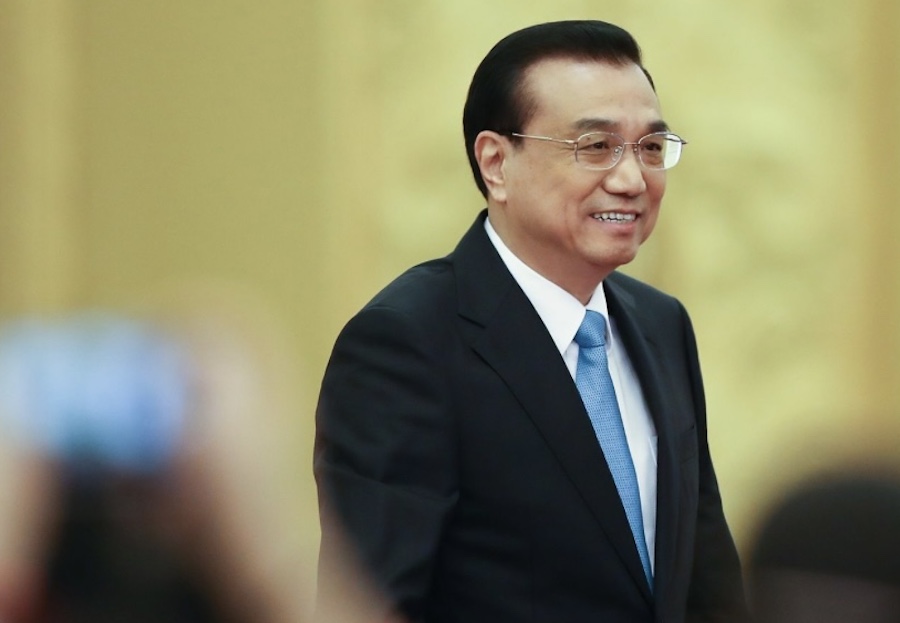By Tenzin Nyidon
DHARAMSHALA, Oct 27: The former Chinese premier Li Keqiang has reportedly passed away from a heart attack on Friday at the age of 68 in Shanghai. He had been “resting” in Shanghai when he suffered a heart attack on Thursday and passed away ten minutes past midnight on Friday, according to Chinese state media reports.
Li towed the party-line of ruling Tibet with a iron-fist. During a rare visit to Tibet in 2018, he told Buddhist leaders to defend ethnic unity, a euphemism for blunt loyalty to the Chinese communist party.
Li had stepped down from his post just nine months ago as the second-highest ranking leader in the country. The 68-year-old was known for his pragmatic approach to economic policies and had served two terms alongside Chinese President Xi Jinping. During his final term, he was politically sidelined as President Xi consolidated personal power over China’s government and economy. Notably, Li became the sole incumbent top official who didn’t belong to President Xi’s loyalists group.
The death of the senior Chinese leader follows the sacking of another senior leader and China’s Defence Minister Li Shangfu on Tuesday after his two-month absence from the public eye. Li’s last public appearance was recorded on August 29. This marks the removal of yet another senior leader within a three-month period, which has raised questions about the stability of the leadership team surrounding Chinese President Xi Jinping. China had previously announced the removal of Qin Gang from his position as foreign minister in July, and he was subsequently stripped of his state councillor position.
China’s top legislators, the Standing Committee of the National People’s Congress, approved the removal of both Li Shangfu and Qin Gang. However, no official explanation for these removals has been provided.
The disappearances of Li and Qin have raised questions among diplomats and analysts regarding the abrupt changes in China’s political and military leadership. These two high-profile ministers, both personally chosen by President Xi Jinping, were removed without any official explanation. These dismissals have led to inquiries about President Xi’s authority and his political aspirations.
Some analysts proposed that these ministers may have either failed to meet Xi’s expectations for loyalty or could have posed perceived threats to his power. President Xi has been actively working to consolidate control over various aspects of Chinese governance, including the military, security apparatus, and economic policy. As such, these removals could be seen as part of his broader efforts to secure his authority and implement his vision for China.










